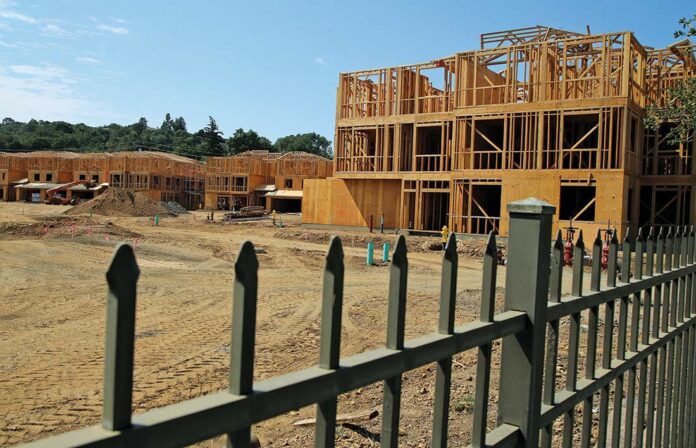
The Gilroy City Council moved forward with a plan Aug. 1 to require more electric vehicle charging capabilities in new housing projects, but declined to mandate that all new buildings go fully electric.
The council voted 5-2 to direct staff to draft an updated ordinance for future consideration, with Councilmembers Rebeca Armendariz and Zach Hilton dissenting.
Hilton’s motion to require all new construction to be purely powered by electricity failed to move forward, as Mayor Marie Blankley and Councilmembers Dion Bracco, Carol Marques and Fred Tovar voted against it.
The council’s vote instead was in line with what is in the state’s code, allowing for a “mixed-fuel” construction with natural gas and electricity.
Known as “reach codes,” the amendments to the 2022 California Energy Code and Green Building Code, which go into effect Jan. 1, aim to reduce natural gas reliance and greenhouse gas emissions, Chief Building Official Hipolito Olmos said, giving jurisdictions the ability to go beyond what is required by the state.
Olmos said the state building codes are currently being updated to encourage, rather than require, all-electric buildings. He suggested this be the approach Gilroy takes based on the current development climate and affordability.
Of the 13 jurisdictions in Santa Clara County that are part of Silicon Valley Clean Energy, Gilroy is the only one that has not adopted any reach codes, according to the organization.
In 2019, the majority of the Morgan Hill City Council voted to require all new buildings to be powered by electricity, prohibiting natural gas. Other jurisdictions in the county that have banned natural gas in new construction are Mountain View, Los Gatos, Cupertino, Sunnyvale and unincorporated Santa Clara County.
Under the council’s direction, staff will draft an ordinance that, among other things, would require 60% of parking spaces in new multifamily dwellings to be capable of supporting a Level 1 electric vehicle charging station, and 40% capable of Level 2 charging. A Level 2 charger can charge a vehicle quicker than a Level 1.
The council also moved forward with a plan to provide one bicycle space per each unit in new multifamily dwellings, up from the state’s requirement of at least one space per two units.
Hilton said that while he was glad to see the council move forward with some reach codes, he was disappointed that the council failed to adopt an all-electric requirement.
“Combating climate change is a part of my values and I plan to re-introduce All-Electric Municipal Code legislation in January 2023,” he said. “We had the chance to correct the disregard for current and future generations that happened in 2019 and adopt some reach codes.”














